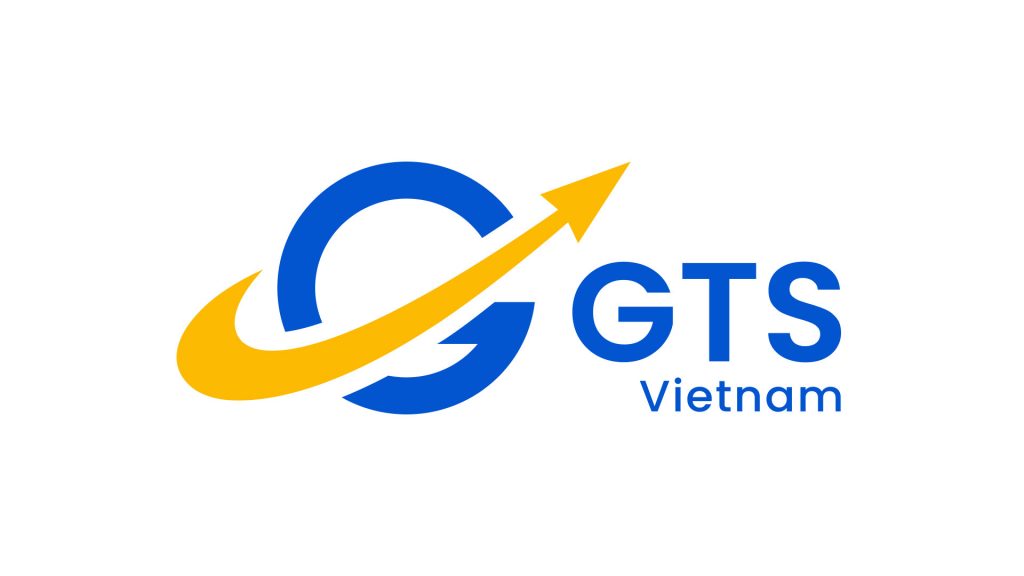Product consulting involves providing expert advice, guidance, and support to businesses and organizations to help them develop, refine, and launch successful products. Here are the key components of product consulting:
Market Analysis: Product consultants conduct thorough market research and analysis to understand industry trends, customer needs, competitor offerings, and market dynamics. They gather insights into market demand, potential opportunities, and challenges to inform product development strategies.
Product Strategy: Based on market research and analysis, product consultants help clients define clear product strategies aligned with business goals and objectives. They identify target markets, define value propositions, and develop product roadmaps to guide product development and launch efforts.
Product Planning: Product consultants assist clients in developing detailed product plans, including feature prioritization, resource allocation, timeline development, and budgeting. They help clients make informed decisions about product scope, functionality, and development priorities.
User Experience (UX) Design: Product consultants collaborate with UX designers to create intuitive, user-friendly product interfaces and experiences. They focus on understanding user needs, preferences, and behaviors to design products that deliver exceptional user experiences and drive user engagement and satisfaction.
Product Development: Product consultants work closely with development teams to oversee the product development process, ensure adherence to project timelines and budgets, and maintain alignment with product strategies and objectives. They provide guidance on technology selection, architecture design, and development methodologies.
Quality Assurance (QA) and Testing: Product consultants oversee QA and testing processes to ensure that products meet high-quality standards and performance expectations. They establish QA frameworks, define testing protocols, and monitor testing results to identify and address any issues or defects.
Go-to-Market Strategy: Product consultants help clients develop comprehensive go-to-market strategies to effectively launch and promote products in the marketplace. They define target audiences, messaging, pricing strategies, distribution channels, and marketing campaigns to drive product adoption and sales.
Product Performance Monitoring: After product launch, product consultants monitor product performance, gather user feedback, and analyze key performance indicators (KPIs) to assess product success and identify areas for improvement. They use data-driven insights to optimize product features, functionalities, and marketing strategies over time.
Continuous Improvement: Product consultants emphasize continuous improvement and iteration throughout the product lifecycle. They encourage clients to adopt agile methodologies, embrace user feedback, and iterate on product features and designs to stay competitive and meet evolving customer needs.
Overall, product consulting combines strategic planning, market analysis, design thinking, project management, and technical expertise to help businesses develop and launch successful products that meet market demands, drive user satisfaction, and achieve business objectives.

